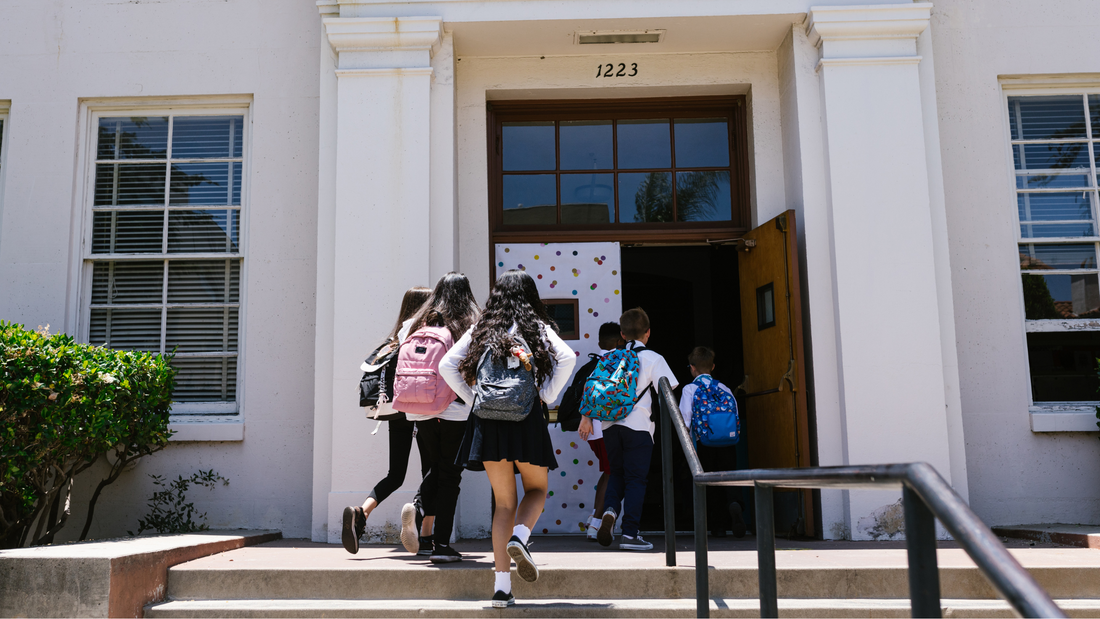Since the overturn of Roe v. Wade, conversations about reproductive health have been at an all-time high. People with periods must have access to proper education about their bodies from a young age to ensure they can experience hygienic, healthy, and safe menstrual cycles, sexual experiences, and reproductive health throughout their lives. With the state of our country, access to sexual education, safe abortions, and contraceptives are all getting increasingly difficult and even illegal in some states. All menstruating people must understand their periods, how to track their cycle, and how to use period products to keep them safe and healthy.
The cost of uneducated bodies
Just going back a decade or two, discussing bodies, puberty, menstruation, and sexual health was considered incredibly taboo. These topics were usually discussed briefly between the guardian of the same gender as the child and brushed off. Young boys and girls were left to “ figure it out themselves,” which is incredibly dangerous.
Without proper education, adolescents are more likely to:
- Get an STD and not know how to treat it
- Have an unplanned pregnancy
- Experience some form of sexual assault
- Participate in sexual intercourse earlier than their peers
- Misuse menstruation products and be at risk for TSS and bleeding through
These are significant experiences, especially for girls and young women. With proper education, these things are avoidable.
Why puberty education is more important now than ever
Mid-April, 2023, the government approved Florida House Bill 1069, more commonly known as the “Don't Say Period” bill banning educators from discussing reproductive health until the 8th grade. Not only will students not have an opportunity to receive sexual education until high school, but educators can lose their jobs for mentioning it or answering questions about it.
Sexual health education doesn't just mean talking about safe sex practices and sexuality, but periods too. With the average age of a first period being 12 years old, menstruators are left to figure it out themselves, from their peers, and their families. If a student gets their first period in school, the teacher cannot explain what is happening, that they will be okay, and provide a pad or tampon. Instead, the teacher must call the parent and is not allowed to talk to the student about what is happening to their body.
It’s now solely the responsibility of students' families to provide their children with comprehensive and accurate education involving sexual health and puberty. But, in many families this conversation is not happening, leaving children at risk for trauma, confusion, and the inability to have shameless, hygienic, and safe periods.
Resources about puberty, periods, and sexual health
While a decade or two ago, it was not only a taboo topic; it was hard to find resources regarding sexual health, puberty, and menstruation. Thankfully, that is not the case today. Whether you're educating yourself, your child, or a friend, these are great resources covering topics from sexual health, puberty, STDs, period poverty, and more.
There are thousands of resources covering those topics today; here are some of our favorites:
- Planned Parenthood
- The Centers for Disease Control
- Period Poverty
- Girlology
- The Sex Talk
- Greater Than Hiv
What you can do about it
The best thing you can do to advocate for health education is to keep the topic going. Whether sharing resources (like this) across social media, talking to your family about adequately educating their children, or donating to Planned Parenthood and other organizations, focus on keeping the conversation going. The more people know about the costs of uneducated bodies, the stronger the conversation and the more educated and prepared children will become.
What we do about it at Monthly
Here at Monthly, we're committed to providing the best products to our customers and making the world a better place for menstruators. That's why along with sharing information and resources like this, we will also donate ten percent of our profits to charities in the south like AL4Me, who have like-minded goals and missions to ours.

